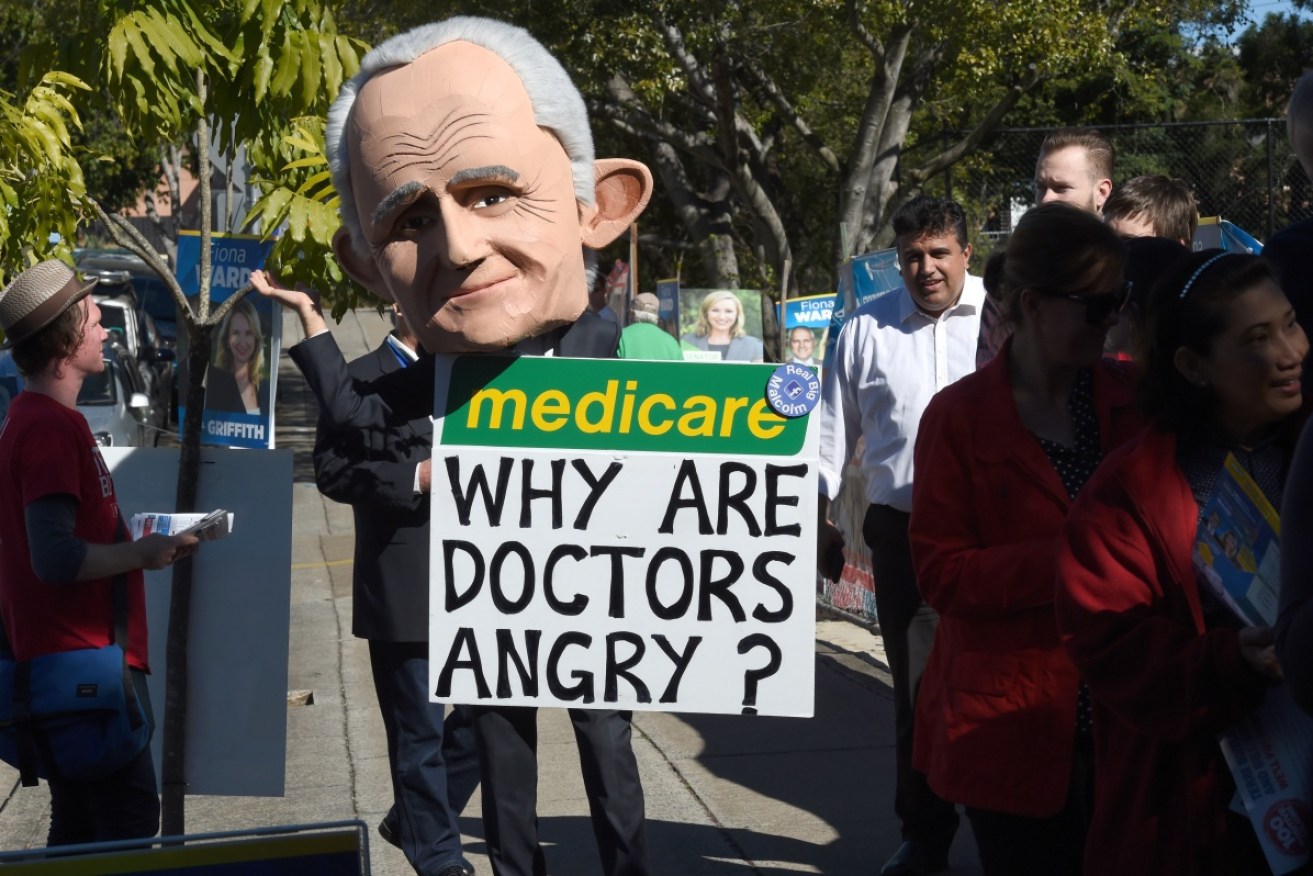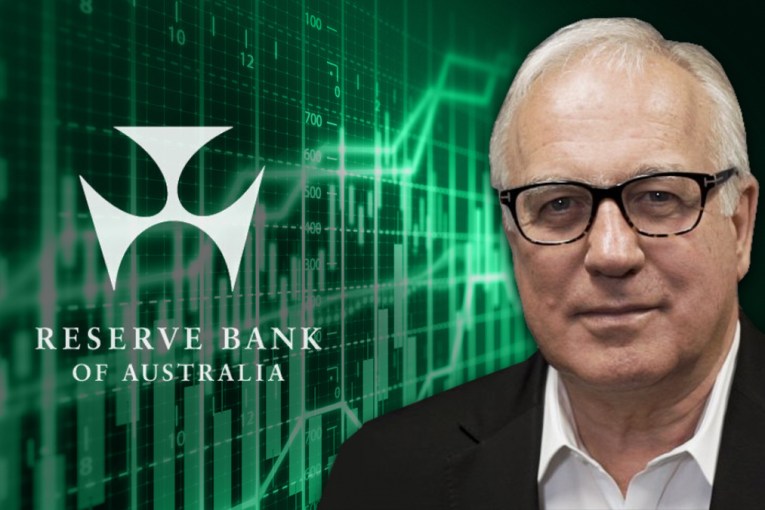Turnbull’s by-election lesson: Get health policy right or it’s terminal


The fight over health policy is not going well for the government. Photo: AAP
In the book of political truisms, one rule in particular is written in large type: Learn from your mistakes or be forever doomed to repeat them.
Yet Malcolm Turnbull seems determined to flout this maxim, ignoring the obvious lesson from the rout in Longman – just as he did with the near-miss federal election in 2016.
The lesson is that health is more important to more voters than almost any other issue, including the economy. Get health policy wrong and you risk throwing away the election.
That’s why Labor’s ‘Mediscare’ campaign was so potent in 2016, and its ‘hospitals, not banks’ campaign resonated last weekend.
Most of the key Australian opinion polls run surveys on an ad hoc basis to gauge the importance of particular issues to voters.
The Essential poll has done this on a more regular basis over the past eight years. According to Essential, ‘improving our health system’ ran second to ‘economic management’ until Tony Abbott’s horror budget of 2014.
The Abbott government announced in that year’s budget that the hospital funding agreements struck with the states and territories by the previous Rudd government would be wound back, saving $50 billion over eight years.
It also announced a $7 co-payment to visit the GP and continued the previous government’s freeze on Medicare rebates.
Since then, with the exception of the most recent Essential survey of important issues, ‘improving our health system’ has consistently polled at No.1. The most recent survey, in April this year, found ‘cost of living’ had moved to the top of the list, with health coming second.
Tony Abbott’s austerity approach to health in the 2014 budget essentially weaponised health as policy issue for Labor to use against the Abbott and Turnbull governments. It also reversed the Coalition’s perceived superiority in handling health policy.
One of Essential’s other regular surveys – on the party trusted to handle issues – had tracked the Coalition as marginally more trusted on health for two years before Mr Abbott won government in September 2013.
Yet right now the Turnbull Government appears to be focusing on the symptoms exposed by the Super Saturday poll and not the problem.
Sure it’s hard to sell company tax cuts, particularly for big business, and even more so when big banks are among the beneficiaries. And there is a good argument for scrapping the unlegislated tax cuts so the funds can be repurposed for other election goodies.
But if the government doesn’t address the ‘gap’ between its promised funding for health and that being offered by Labor – which the opposition has successfully reframed as funding ‘cuts’ – then it will remain exposed to politically-lethal attacks over those cuts.
Even if the corporate tax cuts are scrapped, Labor’s meme-machine will simply identify the next point of weakness, such as unfavourably comparing the health funding cuts with tax cuts for millionaires.
It would be easy enough to tally up the tax cuts for millionaire CEOs working for the big banks and finance companies, for example.

Bill Shorten’s ‘Mediscare’ campaign resonated with voters at the last election. Photo: AAP
The only way for the government to neutralise health policy as an existential threat is to adopt the same tactic that Labor has used to stop border protection from becoming its political kryptonite: That is, to adopt the same policy. Yes, it will be expensive, but there’s no avoiding the cost.
The Coalition must match Labor’s funding promises when it comes to health. With health consistently being voters’ No.1 issue for the past four years – even more important than jobs, national security and debt – there is no upside for Malcolm Turnbull in being seen to be a better economic manager if this means ‘cuts’ to health funding.
As Labor is fond of saying, it is really only a matter of priorities.
If Malcolm Turnbull truly wants to listen and learn from the voters of Longman, he has to understand and act on what they have to say about health.








